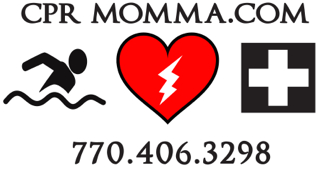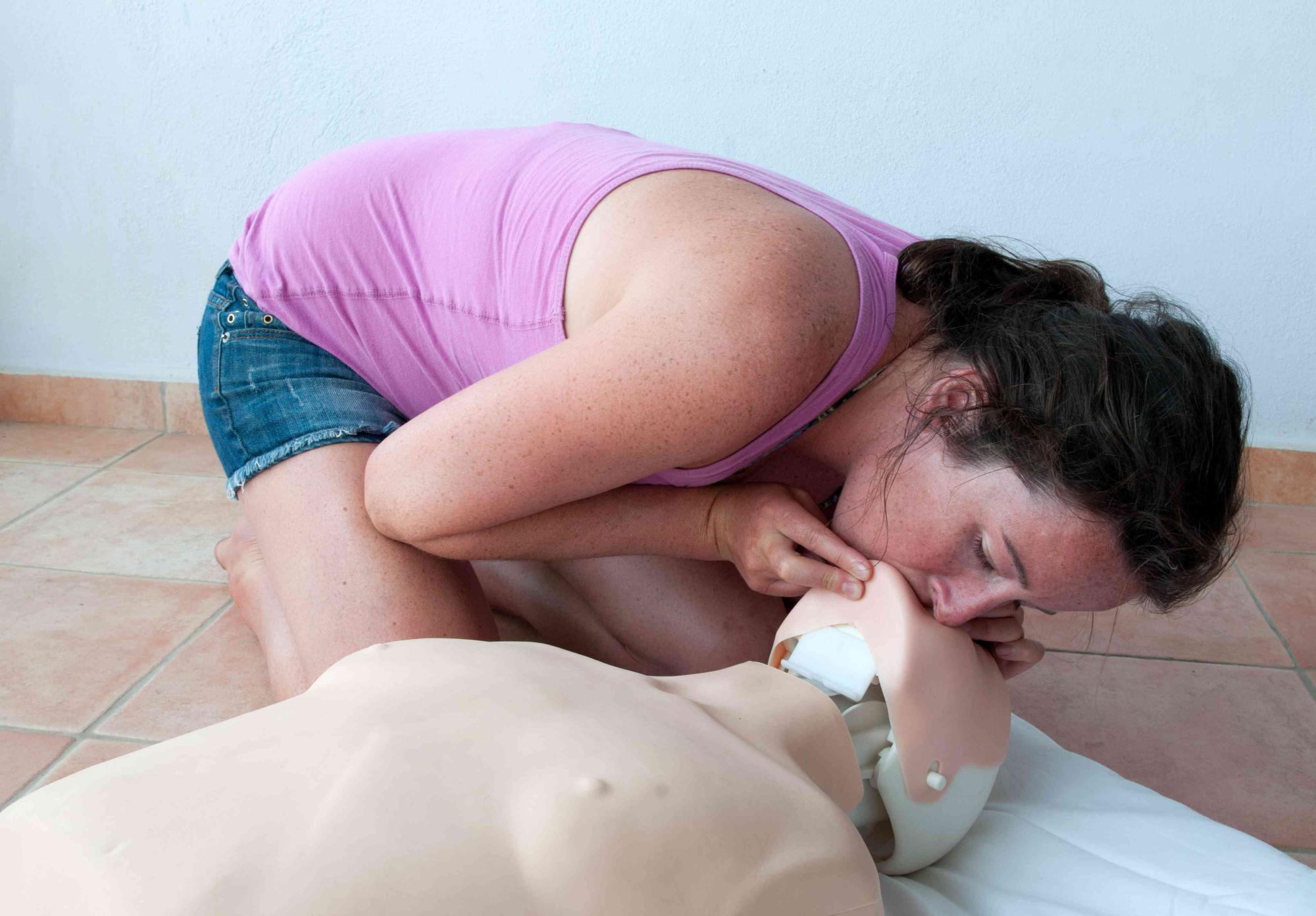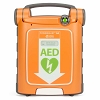



CPR/AED/First Aid Classes, Bloodborne Pathogens, Oxygen or Epi-Pen
We provide first aid training, ACLS certification, BLS certification, and AED training. We provide certified instructors by the American Heart Association® (AHA), American Red Cross® (ARC), and Emergency Care & Safety Institute (ECSI) Certification to provide classes and certification cards. The prices listed below are based on classes of 8 or more students. If you need to have a certification card then the card fee will be added to your class fee. Card replacement fees are $30 per card, with no exceptions.

--(AHA, ARC, ECSI) First Aid (includes EpiPen) - $25 (certification good for 2 years) - PLUS card fee: $25 (if needed)
--(AHA, ARC, ECSI) Adult/Child CPR/AED - $50 (certification good for 2 years) - PLUS card fee: $25 (if needed)
--(AHA, ARC, ECSI) Adult/Child/Infant CPR/AED - $60 (certification good for 2 years) -PLUS card fee: $25 (if needed)
--(AHA, ARC, ECSI) Adult/Child/ CPR/AED plus First Aid - $75 (certification good for 2 years) - card fee: $25 (if needed)
--(AHA) BLS for the Healthcare Provider - $75 (certification good for 2 years) - card fee: $25 (if needed)
--(ARC, ECSI) Oxygen Administration, (ARC) Epi-Pen Training, OR (AHA,ARC) Bloodborne Pathogens $35 card fee: $25 (if needed)
---------any recertification class (does NOT include new protocol changes, those will be considered a new class) 1/2 the cost of the prices listed above------
--(AHA) ACLS - Instructor-Led Training - $150
An advanced life support course highlighting the importance of high-performance team dynamics and communication, systems of care, recognition and intervention of cardiopulmonary arrest, immediate post-cardiac arrest, acute dysrhythmia, stroke, and acute coronary syndromes (ACS).
--(AHA) ACLS for Experienced Providers (ACLS EP) - $150
Expands on the core ACLS guidelines through cooperative learning to improve outcomes in complex cardiovascular, respiratory and other (e.g., metabolic, toxicologic) emergencies. Through instruction and active participation in case-based scenarios, learners enhance their skills in the differential diagnosis and treatment of prearrest, arrest and postarrest patients.


